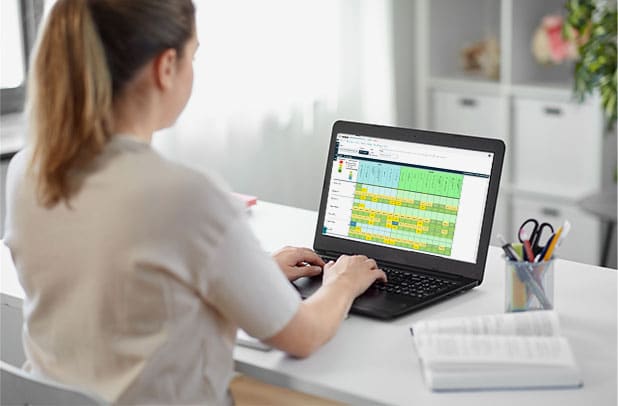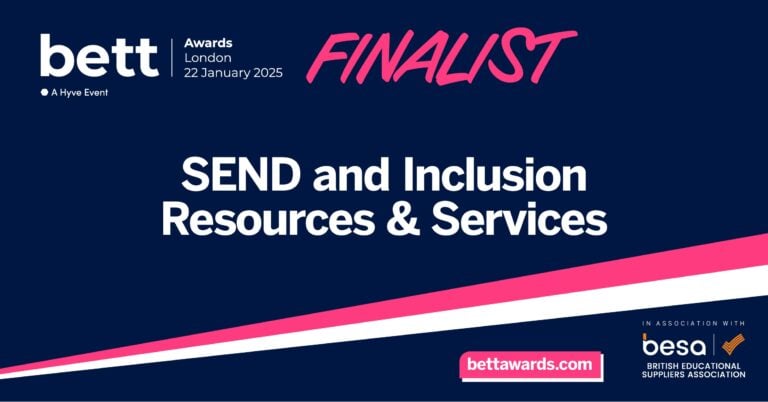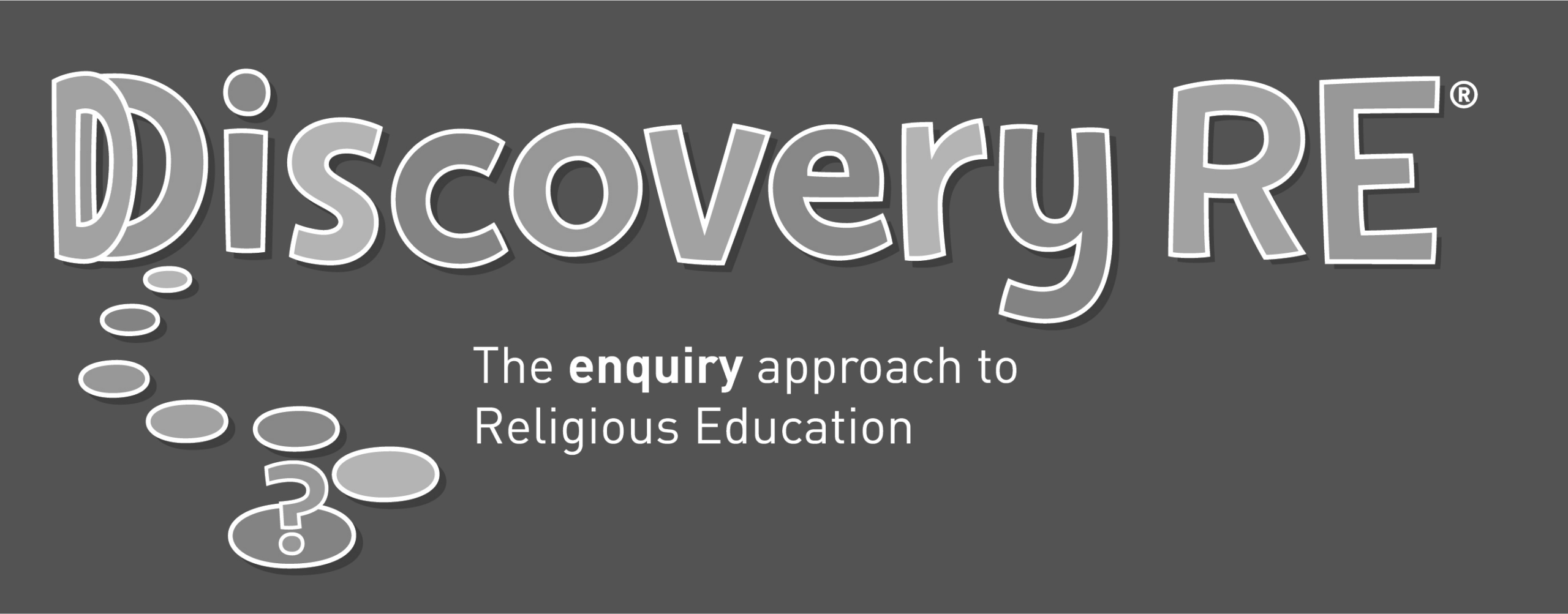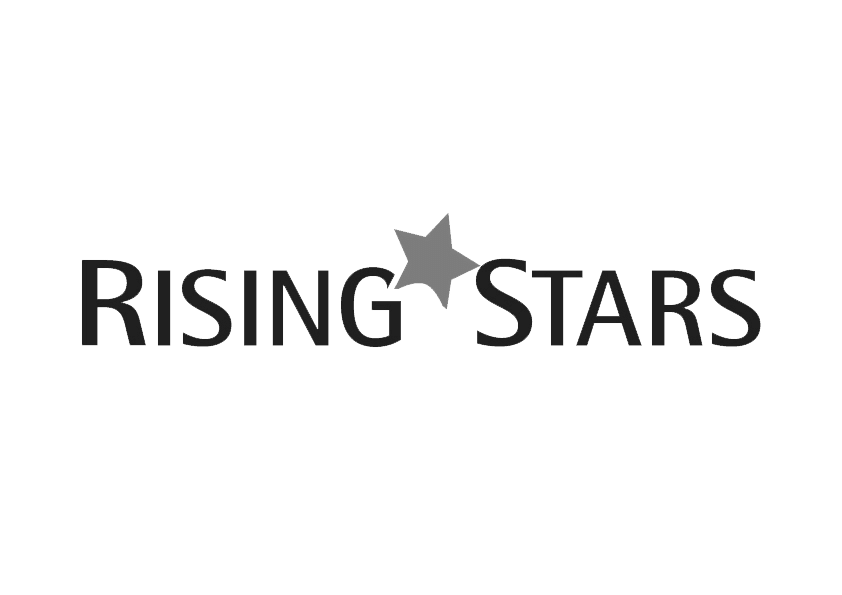Early childhood education is a critical foundation for a child’s lifelong learning and development. In the United Kingdom, the Early Years Foundation Stage (EYFS) framework serves as a guide for educators and professionals to provide quality education and care for children aged 0-5 years. This article will explore the concept of evidence-based teaching and learning practices, with particular focus on the UK EYFS framework. Additionally, we will discuss how Educater’s EYFS tracking software supports these evidence-based teaching and learning practices, ultimately improving the quality of early years education.

Evidence-based teaching (EBT) is a pedagogical approach that seeks to use the best available research and evidence to inform teaching practices and decision-making in the classroom. EBT aims to improve learning outcomes for students by employing methods and strategies that have been proven effective through rigorous research. In the context of the UK EYFS framework, evidence-based teaching is essential for ensuring that early years education is both effective and developmentally appropriate for young children. When we use evidence-based approaches, we can feel secure in what we are doing because it is backed by science.
Teaching is both an art and a science. With so much of what we do as early years teachers being based in the deep relationships we build with our children, our feeling and gut instincts drive a significant portion of our interactions. However, the science of what we do drives our actions too; through using evidence to support and guide our work, we are able to make sure that what we are doing is the right thing for those children, developmentally.
Key Research in Evidence-Based Teaching
There are numerous research studies and articles that provide the foundation for evidence-based teaching in the context of the UK EYFS framework. Some of these include:
- The Effective Provision of Pre-School Education (EPPE) Project: This influential study, conducted between 1997 and 2004, investigated the impact of pre-school education on children’s development and learning. The project found that high-quality early years education, characterised by effective pedagogy and informed by evidence-based teaching practices, significantly improved children’s cognitive and social development (Sylva et al., 2004).
- The EPPSE 3-16+ Project: This longitudinal study, a follow-up to the EPPE project, tracked the progress of children who participated in the EPPE study from ages 3 to 16+ years. The findings of the EPPSE 3-16+ project reinforced the importance of quality early years education and highlighted the role of evidence-based teaching in shaping children’s long-term outcomes (Sylva et al., 2014).
- The Sutton Trust-Education Endowment Foundation Teaching and Learning Toolkit: This online resource provides a wealth of information on various teaching strategies, their effectiveness, and the strength of the evidence supporting them. The toolkit is a valuable resource for early years practitioners looking to incorporate evidence-based teaching practices into their classrooms.
Finding Relevant Research
Long gone are the days when we had to queue up to read the single copy of a research paper in the university library! You can now find online resources for almost any area of study. Here are some ways you can find relevant papers and articles:
- Educational Research Journals: Access well-regarded educational research journals like the British Educational Research Journal, the British Journal of Educational Technology, Oxford Review of Education and Cambridge Journal of Education. Many universities and institutions offer access to these journals, so check if you have access through your affiliation.
- Education-focused Databases: Use specialised databases like the Education Resources Information Centre (ERIC), the British Education Index, Education Research Complete, and JSTOR Education. These databases compile research articles, reports, and other educational resources.
- Open Access Journals: Look for open access educational research journals like Frontiers in Education, SAGE Open, and Education Sciences. These journals provide free access to their published articles.
- Government and Educational Institutions: The UK Department for Education, Ofsted, and the Education Endowment Foundation (EEF) provide research reports and resources that focus on evidence-based teaching practices. Additionally, research centres and institutes, like the National Foundation for Educational Research (NFER), also publish relevant research.
- Professional Associations: Join professional associations like the National Education Union (NEU) and the National Association of Head Teachers (NAHT). These organisations often provide access to research articles and resources through their websites or newsletters.
- Online Educational Platforms: Websites like the Teacher Development Trust, ResearchED, and TeachThought offer articles and resources on evidence-based teaching practices.
- Networking: Connect with other educators, researchers, and experts through conferences, workshops, and social media platforms like LinkedIn, Instagram and Twitter. These connections can lead to the discovery of relevant research articles and resources. You can also follow hashtags which relate to you areas of interest.
- Collaborate with your school’s librarian: School or local librarians often have access to a variety of resources and can help you find relevant articles on evidence-based teaching practices.
Remember that it is essential to critically evaluate the credibility, relevance, and quality of the research articles you find. Look for articles that have been published in reputable journals or by well-regarded organisations, are supported by strong evidence, and are authored by experts in the field.
Educater's EYFS Tracking and Evidence-Based Teaching
Educater’s EYFS tracking software is designed to support early years practitioners in implementing evidence-based teaching and learning practices. The software offers several key features that facilitate this process:

Assessment and Progress Tracking
Educater's EYFS tracking software provides a comprehensive platform for assessing children's development and progress across the seven areas of learning in the EYFS framework. By accurately and consistently tracking children's progress, educators can use this data to inform their teaching practices and ensure that they are meeting the needs of all learners in their care.

Personalised Learning Plans:
The software allows educators to create individualised learning plans for each child, based on their unique strengths, interests, and areas for development. By using evidence-based teaching strategies tailored to each child's needs, early years practitioners can ensure that their teaching is both effective and developmentally appropriate. Educater's EYFS tracking software promotes accessibility and inclusivity for all children, including those with special educational needs and disabilities (SEND). By providing tools and resources tailored to meet the diverse needs of all learners, the software helps ensure that evidence-based teaching practices are implemented in a way that benefits every child.

Analysis and Reporting:
Educater's EYFS tracking software provides a range of analytical tools and reports to help educators monitor the effectiveness of their teaching practices and identify areas for improvement. These tools enable practitioners to make data-informed decisions, ensuring that their teaching strategies are aligned with the best available evidence.

Collaborative Planning and Communication:
The software facilitates collaboration between educators, parents, and other professionals involved in a child's education. By sharing information and insights about a child's development, all stakeholders can work together to support the child's learning and development using evidence-based practices.

Professional Development and Training:
Educater's EYFS tracking software includes access to resources and training materials designed to help educators further develop their knowledge and skills in evidence-based teaching. By continually updating their professional knowledge and skills, early years practitioners can ensure that their teaching remains informed by the latest research and best practices.

Continuous Improvement:
The EYFS tracking software enables early years practitioners to monitor the impact of their teaching strategies over time. By analysing data and trends, educators can identify areas where they are making progress and areas where they may need to refine their practices. This continuous improvement process ensures that educators are always adapting and evolving their teaching approaches based on the latest evidence and the unique needs of the children in their care.

Parental Engagement:
Educater's EYFS tracking software fosters stronger communication and collaboration between educators and parents. By providing parents with regular updates on their child's progress and involving them in the planning and implementation of evidence-based teaching strategies, parents become active partners in their child's learning and development. Research has shown that strong parental engagement is associated with better educational outcomes for children, making this an important aspect of evidence-based practice (Goodall & Montgomery, 2014).

Time-Efficient Workflow:
The software streamlines the process of collecting, analysing, and reporting on children's progress, freeing up more time for educators to focus on planning and implementing evidence-based teaching strategies. This increased efficiency can lead to more effective teaching practices and improved outcomes for children.

Building a Community of Practice:
Educater's EYFS tracking software can help to create a supportive community of practice among early years practitioners. By sharing data, insights, and best practices within the software platform, educators can learn from one another and collaborate on the implementation of evidence-based teaching strategies. This collaborative approach can foster a culture of continuous learning and improvement among early years professionals, leading to better outcomes for children.
In summary, Educater’s EYFS tracking software offers a comprehensive solution for early years practitioners seeking to implement evidence-based teaching and learning practices in their settings. The software not only supports assessment and progress tracking, but also facilitates continuous improvement, parental engagement, efficient workflows, and the development of a community of practice among early years professionals. By embracing these additional benefits, educators can further enhance the quality of early years education, ensuring that children receive the best possible start to their lifelong learning journey.
Conclusion
In conclusion, evidence-based teaching and learning practices are crucial for ensuring that early years education is effective, developmentally appropriate, and focused on improving outcomes for children. The UK EYFS framework provides a solid foundation for implementing evidence-based teaching practices, supported by key research studies and resources such as the EPPE Project, EPPSE 3-16+ Project, and the Sutton Trust-EEF Teaching and Learning Toolkit.
Educater’s EYFS tracking software is a valuable tool that supports early years practitioners in implementing evidence-based teaching and learning practices, by facilitating assessment and progress tracking, personalised learning plans, data analysis and reporting, collaborative planning and communication, and professional development. By leveraging the power of technology and the wealth of research on evidence-based teaching, Educater’s EYFS tracking software can help to significantly improve the quality of early years education in the United Kingdom.
About the author

Sarah Starling
Sarah Starling is a writer and early years consultant with over 20 years’ experience in education, both in the UK and internationally. She is the creator of Box Phonics, a phonics scheme for international learners and home educators. Sarah splits her time between the UK and travelling internationally.










